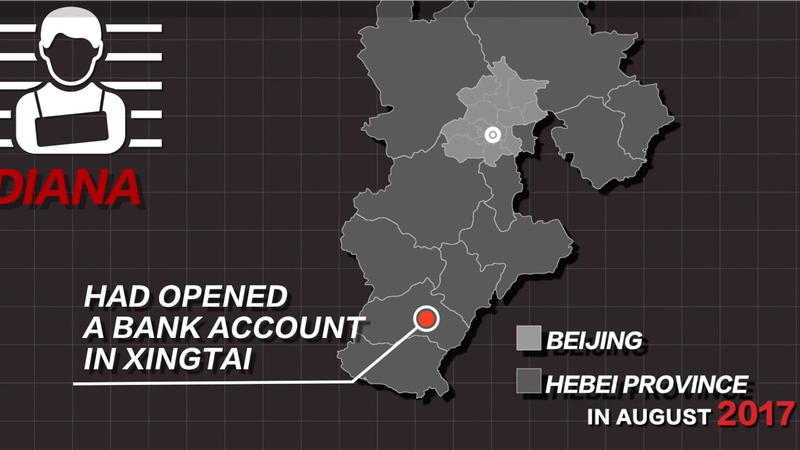China is intensifying its war on drugs by mobilizing not only government agencies but also ordinary citizens. In recent years, the Chinese mainland has encouraged the public to take an active role in combating drug trafficking and abuse, turning the fight into a genuine people’s war.
For instance, couriers who discover illicit substances in packages are urged to report them to the authorities and can expect to receive rewards for their vigilance. This grassroots involvement is seen as a crucial element in identifying and dismantling drug networks that might otherwise evade law enforcement.
Community organizations and local volunteers are also playing a significant role. Educational campaigns are being conducted in schools and neighborhoods to raise awareness about the dangers of drug use and to promote a drug-free lifestyle among the youth.
The government’s comprehensive approach combines strict law enforcement with public participation, aiming to reduce both supply and demand for illegal drugs. By fostering a sense of shared responsibility, China seeks to create a society where everyone contributes to the common goal of eradicating drug-related crimes.
Experts note that involving citizens in anti-drug efforts can enhance community cohesion and trust in public institutions. Moreover, it reflects a broader trend in Asia, where collaborative strategies are increasingly adopted to tackle complex social issues.
As China continues to develop and urbanize, challenges such as drug trafficking require innovative solutions. The people’s war against drugs represents an ambitious endeavor to harness the power of collective action in pursuit of a safer, healthier society.
Reference(s):
cgtn.com








